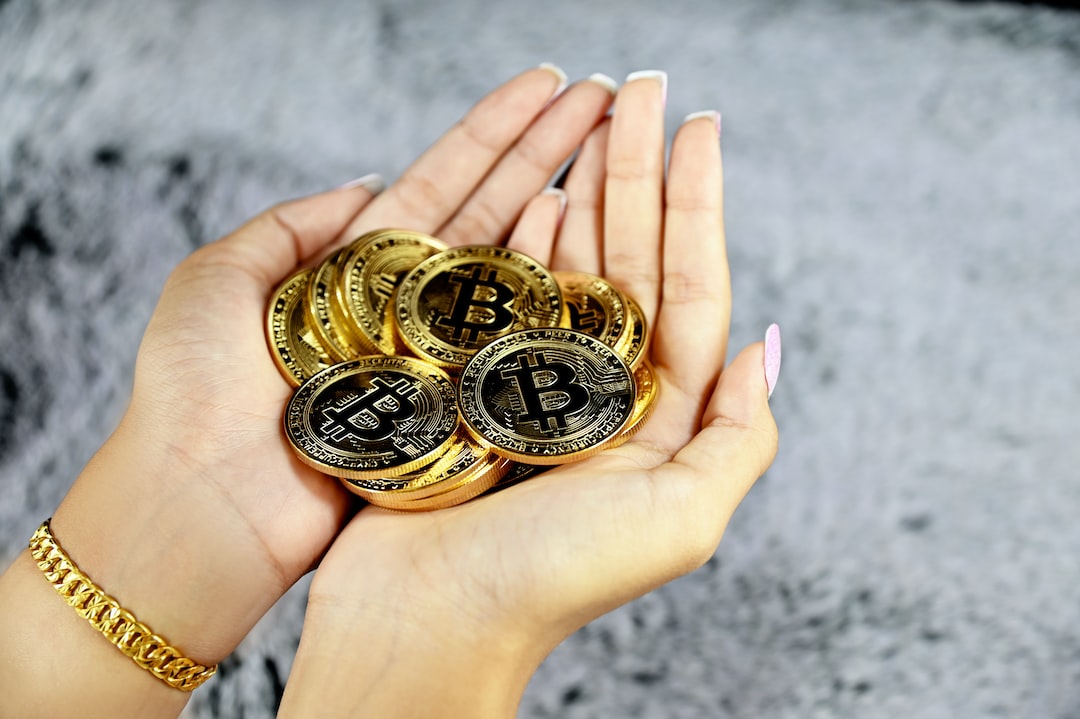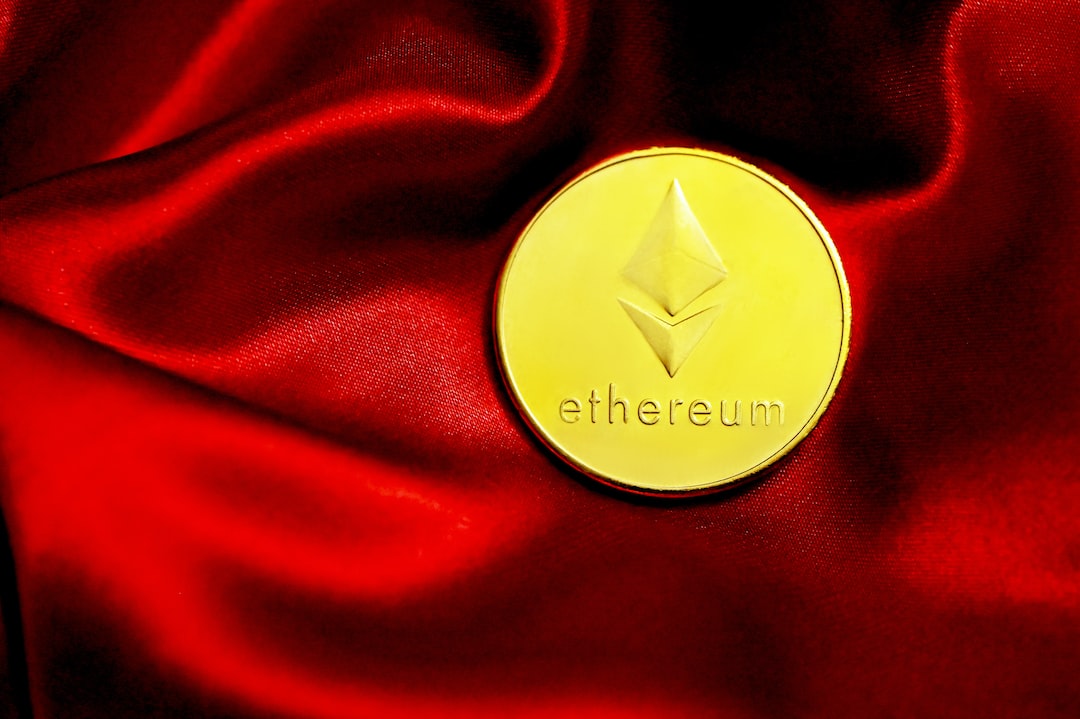Incorporating Cryptocurrency into the Green Economy
In a recent speech at National Taiwan University, Daniel Tsai, Chairman of Fubon Group and Taiwan’s wealthiest individual, emphasized that the green economy would not only involve traditional investment and financing, but also cryptocurrency. Tsai expressed his strong belief in the future of crypto, highlighting the increasing importance of blockchain technology in traditional financial sectors.
“I firmly believe that the era of cryptocurrency will come one day,” Tsai stated during his address on November 1. He further mentioned that in the future, there will be financial commodities based on carbon rights, with a higher likelihood of utilizing blockchain for transactions instead of traditional currency.
Tsai also acknowledged the growing significance of artificial intelligence (AI) in the future and its energy consumption. He emphasized that AI would play a crucial role in optimizing energy consumption and utilizing renewable and green energy sources effectively.
Regulation of Virtual Currency in Taiwan
This year, Taiwan introduced formal regulations for virtual currencies through a bill that establishes guidelines for defining virtual assets and governing related exchanges within the country.
The Growing Energy Challenge of AI
While AI has proven its value across various industries worldwide, its energy consumption remains a pressing concern. Although AI saves time and effort, it often goes unnoticed how much energy it requires.
Alex de Vries, the founder of Digiconomist, conducted an analysis revealing that AI consumes substantial computing power and energy when generating data based on prompts. For instance, ChatGPT alone can consume 564 MWh of electricity daily.
Hot Take: The Intersection of Cryptocurrency, Green Economy, and AI
The integration of cryptocurrency into the green economy demonstrates an evolving landscape where traditional financial practices are being reshaped by blockchain technology. Daniel Tsai’s belief in the future of crypto highlights the potential for blockchain-based transactions in financial commodities tied to carbon rights.
Moreover, as AI continues to gain prominence, its energy consumption poses challenges. Finding sustainable solutions and optimizing energy usage will be crucial in ensuring the long-term viability of AI while harnessing its potential for renewable and green energy sources.





 By
By
 By
By

 By
By

 By
By